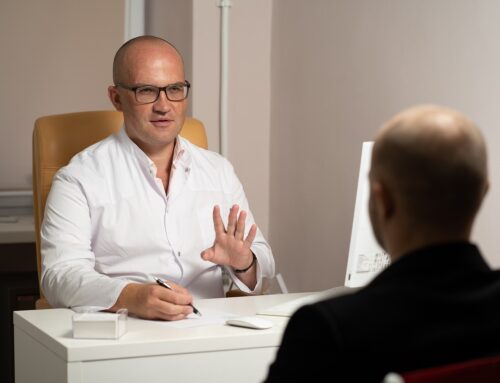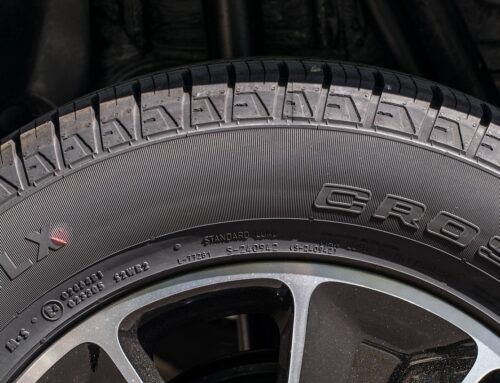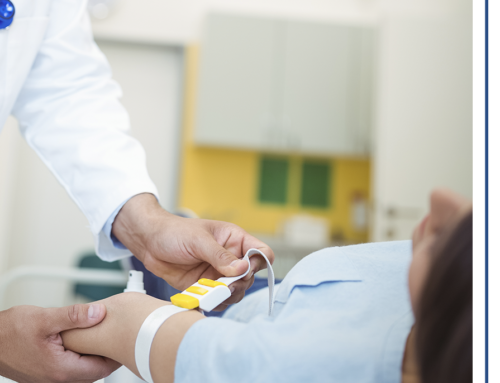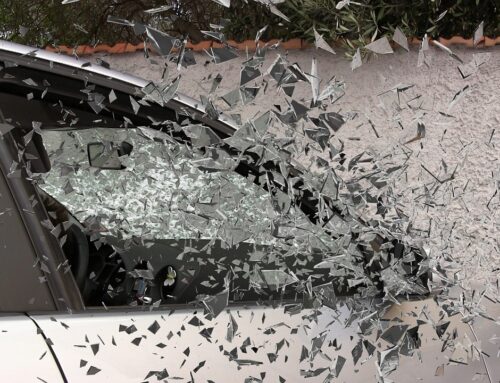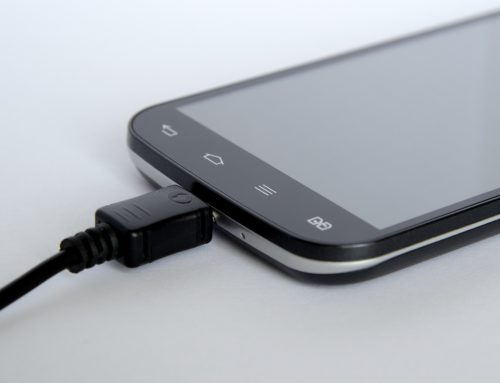Every year, defective and dangerous products make their way into the hands of unsuspecting Florida consumers. No one deserves to suffer injuries, financial loss, or heartbreak at no fault of their own, which is why product liability laws are in place. But who is held accountable when a product doesn’t perform as promised—or worse, when it actively causes harm? Probinsky & Cole can help injured Florida consumers through a product liability case and hold companies responsible for their actions.
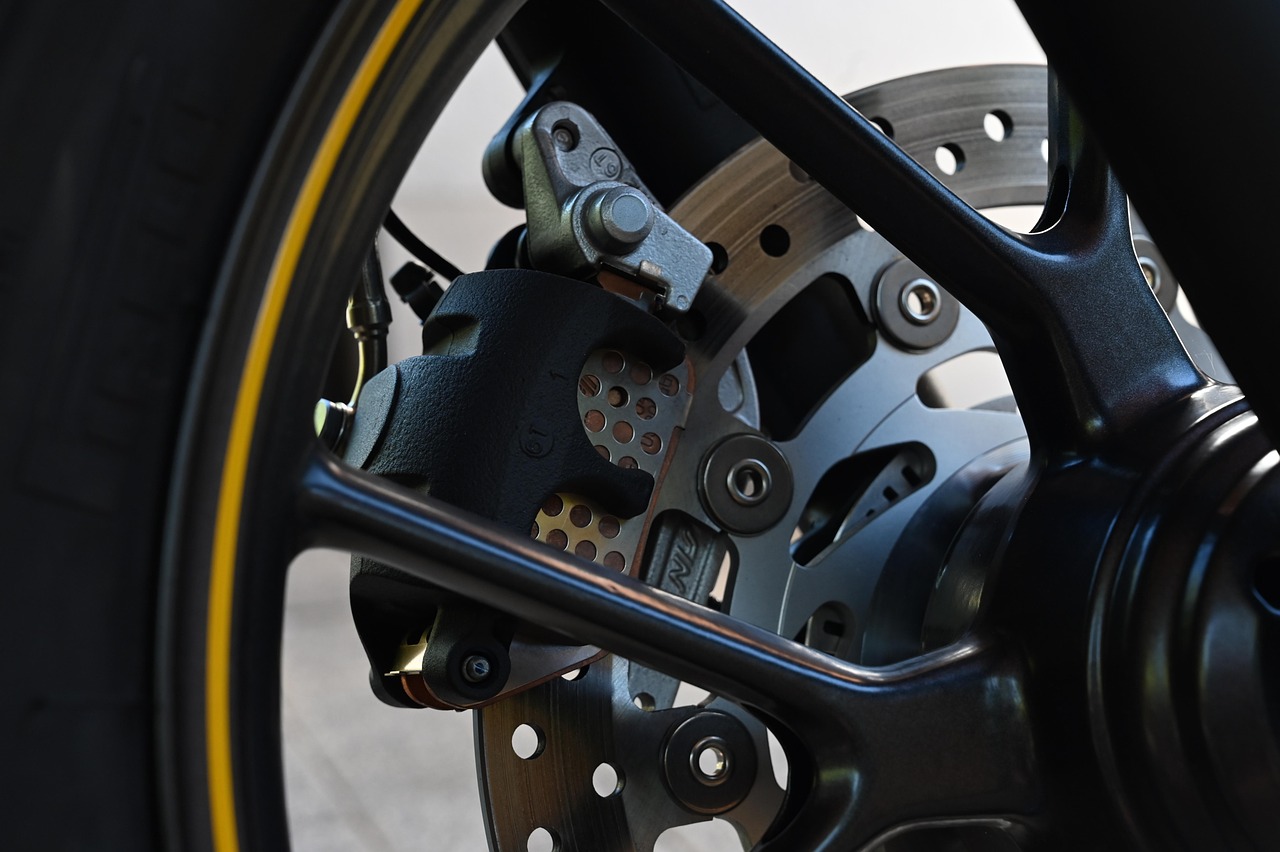
Florida’s Product Liability Laws and Rights of Injured Parties
Not all product liability cases in Florida look the same, as there are multiple ways that injured parties can aim to hold companies responsible following an injury or defective usage of a product. These include:
Strict Liability: Holding a manufacturer or reseller responsible for defective or unsafe products, regardless of their good intentions or lack thereof.
Negligence: Proving that the manufacturer or reseller failed to design or manufacture a product in a safe, reliable way to reduce the potential for harm.
Breach of Warranty: Showing the failure of a product to meet the terms of its explicit or implicit warranty agreements with consumers.
Strict liability cases are most suitable when the defect is inherent in the product itself, making fault irrelevant. Negligence claims focus more on a company’s behavior, such as failing to test properly, while breach of warranty emphasizes the disparity between the promises made by the manufacturer or seller and the realities of the product after sale.
Recent Product Liability Cases
Zantac Litigation: A $2.2 billion settlement addressed claims that ingredients in the heartburn drug Zantac could eventually degrade into NDMA, a probable carcinogen. Attorneys for the injured consumers alleged that the drug makers exposed consumers to a known carcinogen for many years.
Real Water Lawsuit: A Nevada jury awarded $5.2 billion against the company behind Real Water for marketing a water product linked to liver damage. The company allegedly did not conduct tests to notice the dangerous toxin before sale.
Tesla Recall: Tesla recalled 239,000 vehicles due to defective rear-view cameras, potentially increasing the risk of accidents. The company reports that no injuries or accidents have resulted from the electronic issues, but similar problems with other manufacturers in the past have caused accidents.
How Do Recalls Affect Product Liability Laws?
A product recall does not automatically absolve a manufacturer or seller from liability. Consumers injured before a recall order might have a strong case, but even individuals harmed after a recall might have strong legal protections if the recall was not adequately communicated.
Although the existence of a recall can serve as evidence of a product’s defectiveness, it does not conclusively prove liability. Recalls are a good thing, as they aim to protect consumers from further harm, and harshly punishing all companies after recalls aren’t the best strategy to keep the public safe. Courts will consider factors such as the adequacy of the recall notice and the steps taken by the manufacturer to inform consumers.
After a recall, consumers should:
Cease Use: Immediately stop using the recalled product to prevent further harm.
Remedy: Seek a repair, replacement, or refund as provided by the company issuing the recall.
Legal Action: Pursue a product liability claim if the defective product has caused injury, regardless of whether a recall was issued.
Probinsky & Cole is here to help after a product-caused injury, and our attorneys can quickly provide a clear explanation of your legal options after learning more through your free consultation. Call our attorneys today and fight for compensation if you have been injured by a product and need more information about liability laws – regardless of the recall status. Each case is unique, and we are here to help.

